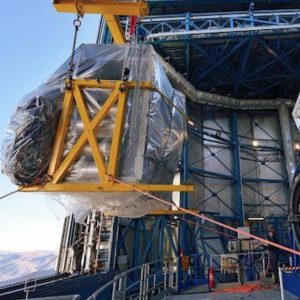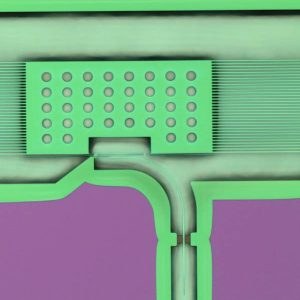Cancer is the second leading cause for death worldwide. A current trend in medicine demands to develop minimal-invasive optical imaging techniques to visually determine lesion boundaries. If such a device was available, the current 2-step procedure of biopsy and follow-up analysis of stained tissue under the microscope by the pathologist could be replaced by a...
This website uses cookies so that we can provide you with the best user experience possible. Cookie information is stored in your browser and performs functions such as recognising you when you return to our website and helping our team to understand which sections of the website you find most interesting and useful.





